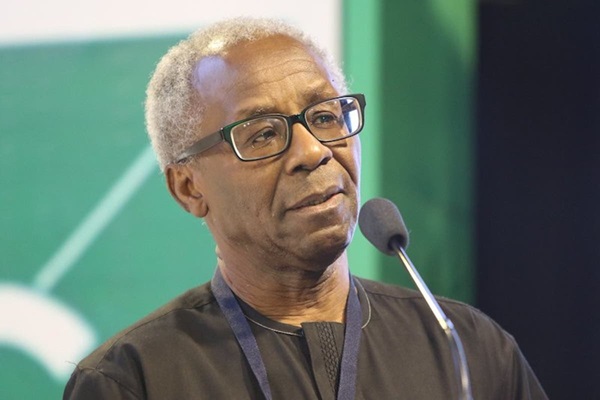
African countries have been urged to accelerate the production of vaccines on the continent, due to the over-pricing of vaccines when they need to be purchased from abroad independently.
This concern was raised by renowned virologist and former president of the Nigerian Academy of Science, Prof. Oyewale Tomori. He highlighted that African nations often pay nearly thrice more for vaccines when they buy directly, yet receive far fewer doses compared to those obtained through pooled procurement mechanisms.
In an exclusive interview with Science Nigeria on Monday, Tomori reacted strongly to findings from a recent Gavi report titled “Expanding Sustainable Vaccine Manufacturing in Africa: Priorities for Support.” He described the findings as both unacceptable and a clear exposure of the stark disparities in vaccine costs and distribution volumes across different procurement channels in Africa.
According to the report, African countries that procured vaccines directly from manufacturers in 2020 spent a staggering $519 million but received only 141 million doses. This translates to an average cost of $3.68 per dose, the highest among all procurement routes. In contrast, Gavi-facilitated pooled procurement cost $726 million for 438 million doses, averaging $1.66 per dose. Even more striking, UNICEF-managed procurement for Gavi-eligible countries delivered 729 million doses for just $137 million, at a remarkably low average of $0.18 per dose.
“This data is not just embarrassing; it is a loud indictment of a broken system,” Tomori said. “When countries procure directly, they pay more and get less. It is that simple. Meanwhile, international pooled procurement mechanisms deliver better value and more doses.”
He further explained that UNICEF, despite handling nearly 56 per cent of the total vaccine volume – 729 million out of 1.3 billion doses – accounted for only 10 per cent of the total cost. On the other hand, direct country procurement covered just 11 per cent of doses but consumed a massive 38 per cent of the total financial outlay.
“This is not merely an economic issue. It involves trust, transparency, and the preventable deaths resulting from inefficiency. Every overpriced vaccine means a child left unprotected,” he warned.
Tomori identified two primary causes of this disparity: pricing discrimination by manufacturers and corruption within national procurement systems. “Manufacturers offer different prices depending on the buyer. Pooled mechanisms secure the best deals. But when countries go solo, often through shady middlemen, we bleed money,” he said.
He pointed to a lack of transparency and accountability in direct procurement as a major factor driving inflated costs and poor vaccination coverage.
Calling the situation unsustainable, Tomori reiterated the urgent need for Africa to build its vaccine manufacturing capacity. “If we do not produce our vaccines locally, we will always remain beggars, paying more, receiving less and begging for leftovers. The COVID-19 pandemic taught us this. This Gavi report confirms it,” he stressed.
He urged African leaders to move beyond mere declarations and invest seriously in creating end-to-end vaccine ecosystems – from research and development to manufacturing and distribution.
“We must localise production, clean up procurement processes and never again allow our children’s lives to be priced at a premium we simply cannot afford,” he concluded.

